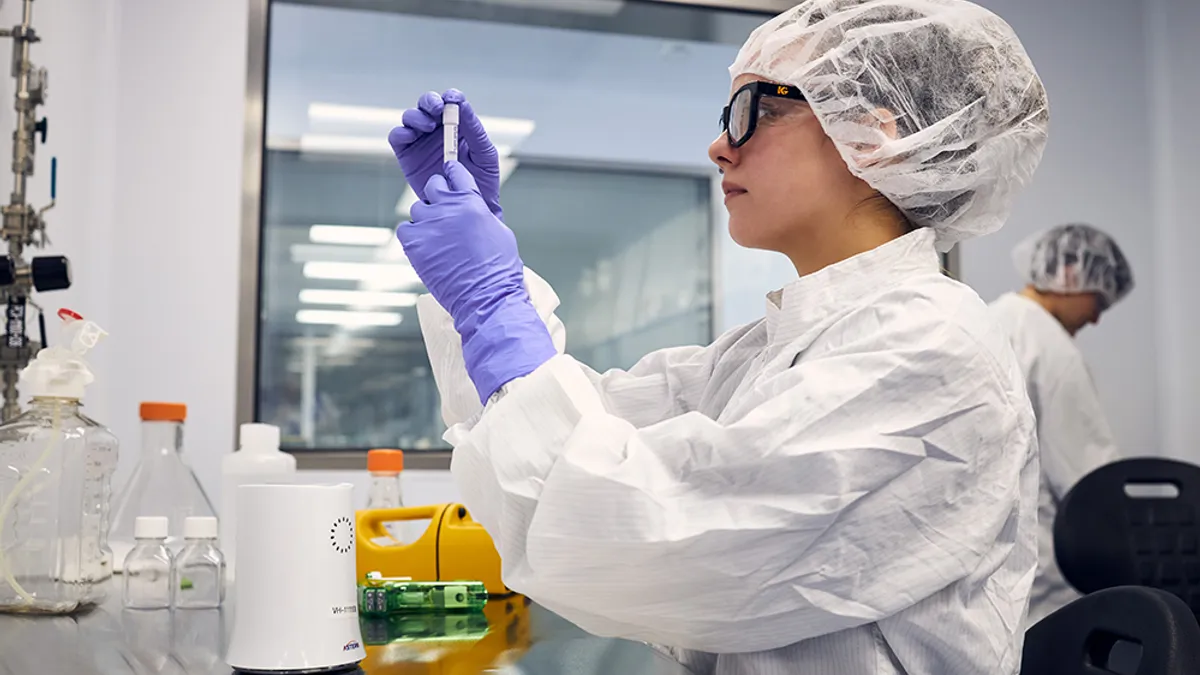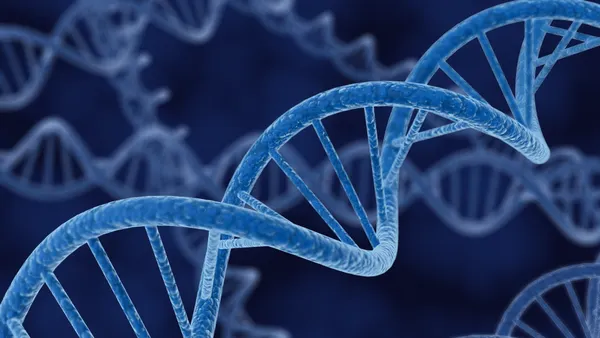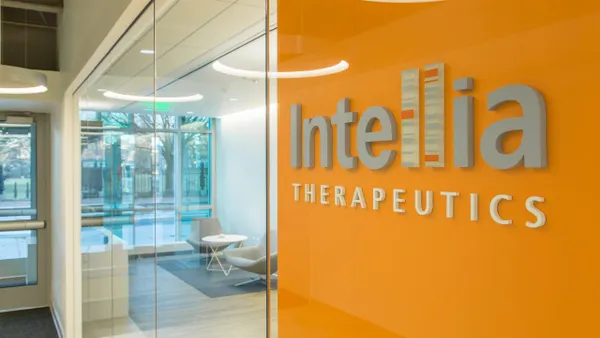Bluebird bio, a pioneering gene therapy developer that in recent years has struggled to stay afloat, has agreed to be acquired and taken private in a deal with investment firms Carlyle Group and SK Capital.
Under an agreement announced Friday, Bluebird will sell to the two firms for $3 per share upfront. Bluebird shareholders could receive an additional $6.84 per share via a so-called contingent value right, should its currently marketed gene therapies reach $600 million in net yearly sales by the end of 2027.
The deal values Bluebird at just over $29 million upfront, and potentially about $96 million if the CVR is redeemed.
The new, privately held company will be helmed by former Mirati Therapeutics and Ipsen CEO David Meek. Carlyle and SK will provide fresh capital to scale use of the gene therapies Bluebird developed for two chronic blood diseases as well as a rare brain disorder, the company said.
“Bluebird is built on an extraordinary legacy of scientific breakthroughs, and we are committed to unlocking its full potential for patients,” Meek said in a statement. “With the backing of Carlyle and SK Capital, we will bring the capital and commercial capabilities needed to accelerate and expand patient access to bluebird’s life-changing gene therapies.”
The deal marks an ending of sorts for a company that’s been at the forefront of gene therapy research and whose scientific achievements — and struggles — have been emblematic of the field’s ups and downs.
The company’s progress developing treatments for rare genetic diseases early last decade helped boost confidence in gene therapy. It went public in 2013 and saw its share price climb rapidly. Others, like Spark Therapeutics and UniQure, followed Bluebird to the public markets. Gene therapy became a fast-growing field with dozens of startups raising record levels of investment from venture investors.
But Bluebird’s fortunes have been in decline as the field’s growth has sputtered. Clinical delays and manufacturing setbacks eroded its share price. The company split off its cancer drug pipeline into a separate company, 2seventy bio, that later restructured and sold off much of its research. And though Bluebird went on to win approvals of gene therapies for sickle cell disease, beta thalassemia and cerebral adrenoleukodystrophy, it’s had a difficult time selling them — a reflection of the challenge of marketing treatments produced from a patient’s own stem cells.
Along the way, Bluebird has run into financial problems, at times warning of insolvency. It’s used a variety of financial instruments and restructuring moves to stay afloat. Last year, the company had been hoping for a cash lifeline that could help it break even financially in 2025. And over the last several months it began reviewing strategic alternatives, meeting with more than 70 potential investors and partners.
But Bluebird didn’t receive a Food and Drug Administration voucher it had planned to sell, making a default on its debts likely without a “significant infusion of capital.” The deal announced Friday was the “only viable solution,” Bluebird said in a statement.
The company reported a net loss of over $212 million on about $45 million in product revenue through the first nine months of 2024.
“As our financial challenges mounted, it became clear that securing the right strategic partner was critical to maximizing value for our stockholders and ensuring the long-term future of our therapies,” said CEO Andrew Obenshain, in the statement. “After an extensive review process, this acquisition represents the best path forward — maximizing value for stockholders and bringing significant capital, commercial expertise, and a commitment to provide more patients the opportunity to benefit from potentially transformative gene therapies.”
Analysts at the investment firm Baird had previously projected Bluebird’s revenues could reach $337 million this year and $675 million in 2026. The $600 million revenue threshold to trigger additional shareholder payouts is a “fairly achievable goal,” wrote analyst Jack Allen on Friday. Still, Allen gave Bluebird only a 1-in-3 chance of hitting that mark.
Bluebird shares, which will be delisted following the deal, fell by about one-third Friday, to less than $5 apiece.














